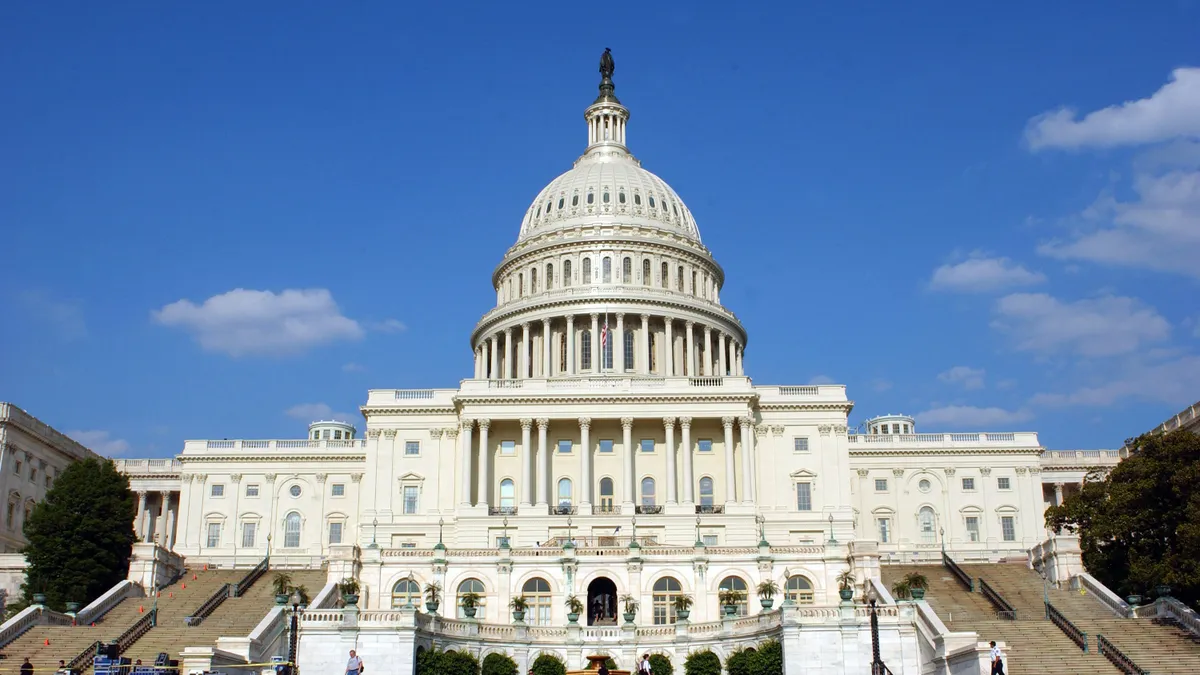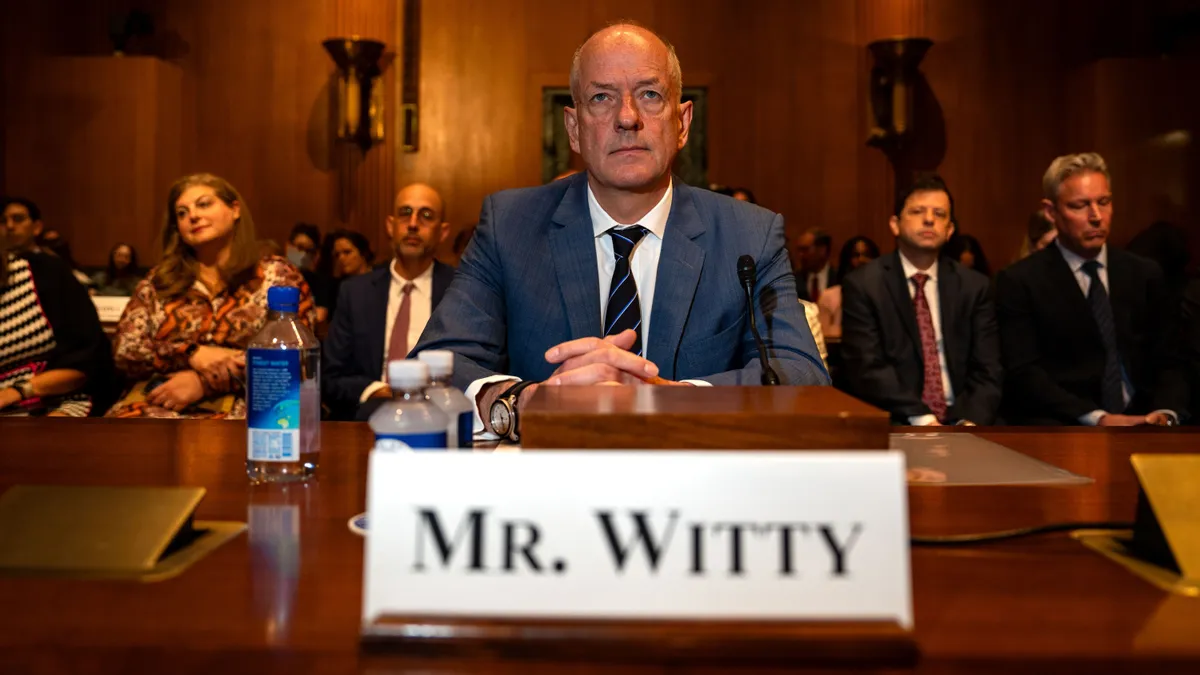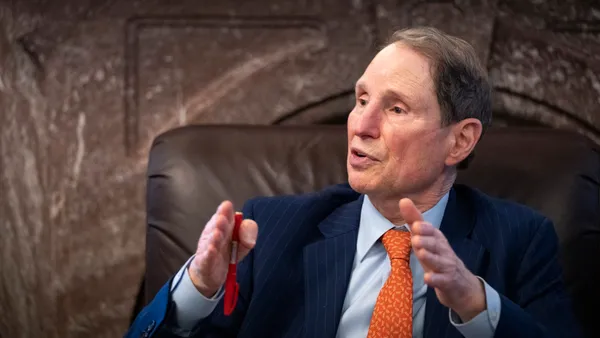The nominee for the State Department Ambassador at Large for Cyberspace and Digital Policy told the Senate Foreign Relations Committee Wednesday the U.S. must take a leading role in international cyber diplomacy in order to help strengthen democratic values across the globe and to bolster U.S. national security against increasing threats in the digital arena.
The nominee, Nathaniel Fick, warned that military and economic rivals like Russia and the People’s Republic of China have a much different vision of how cyberspace will be used in the future. The State Department role would play a critical role in promoting free expression and international norms, he said.
“We are in a global contest for a democratic future in which we can all use technology to reach our full potential and against an authoritarian future in which technology is harnessed to repress free expression and destabilize open, democratic societies,” Fick said in his opening remarks.
Fick, if approved, will lead the Bureau of Cyberspace and Digital Policy, which officially launched in April as part of a longtime plan to weave diplomacy into federal efforts to combat malign cyber activity from criminal and state-linked actors.
Fick, a resident of Maine, is the general manager of Elastic Security, the former CEO of Endgame, which was acquired by Elastic in 2019, and the former CEO of the Center for a New American Security. Fick also served as an infantry and reconnaissance officer in the U.S. Marines, with tours in Afghanistan and Iraq.
Fick said there are three key areas he plans to focus on if approved:
- Developing a U.S. framework for responsible state behavior in cyberspace. International law should apply and there should be voluntary and non-binding norms as to how states conduct themselves in this area. The U.S. should collaborate with partners around the globe to help deter malicious cyber activity and impose consequences on countries that harbor cybercriminals.
- The U.S. should promote a global digital economy that allows American workers to compete on an equal playing field. This would involve the free flow of data across borders, while at the same time maintaining digital privacy.
- The third area is a call for digital freedom and digital inclusion, while working against digital authoritarianism.
Sen. Rob Portman, R-Ohio, raised concerns with Fick about how the role would fit in with the numerous cybersecurity roles the administration has created within the federal government, in particular asking whether there would be too much overlap with the role of the national cyber director.
Fick, however, has a strong conviction that the new role actually fills a gap that exists in the existing government policy realm, he said.
Cybersecurity executives in the private sector praised Fick's nomination, saying the nominee would help strengthen the partnership between the private sector and U.S. government roles in combating malicious cyber activity.
“In a time of uncertainty, securing American business and manufacturing from cyber threats is crucial to give consumers and investors confidence to grow and invest in American jobs,” Nicole Darden Ford, vice president of global security and CISO at Rockwell Automation, said in a statement.











